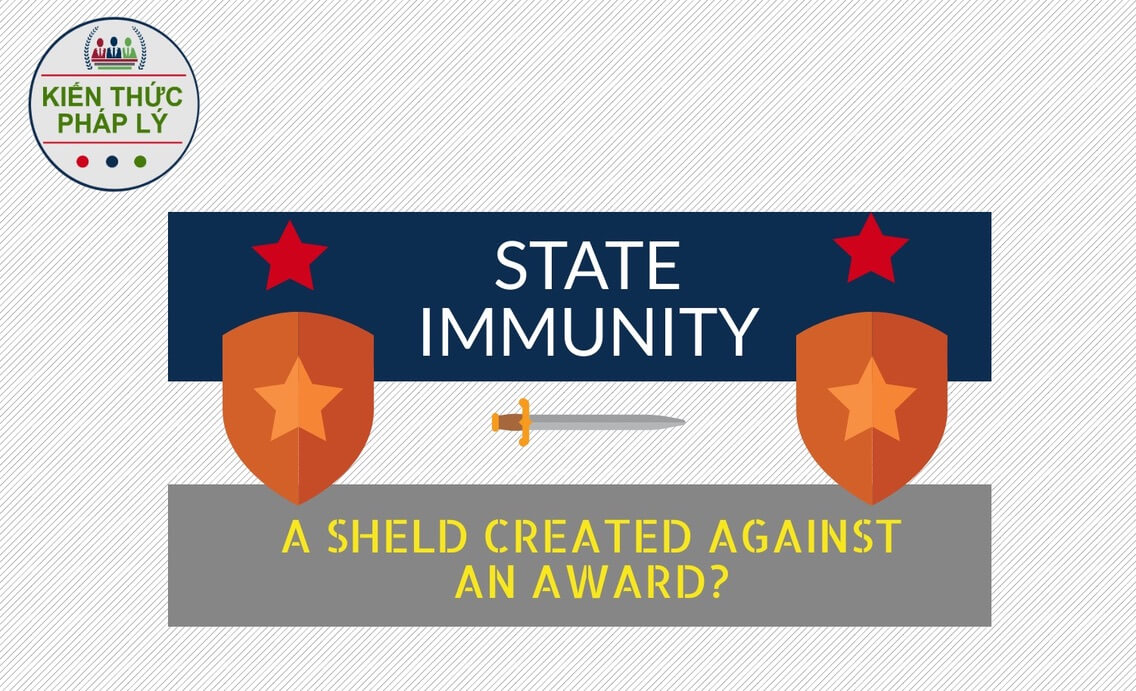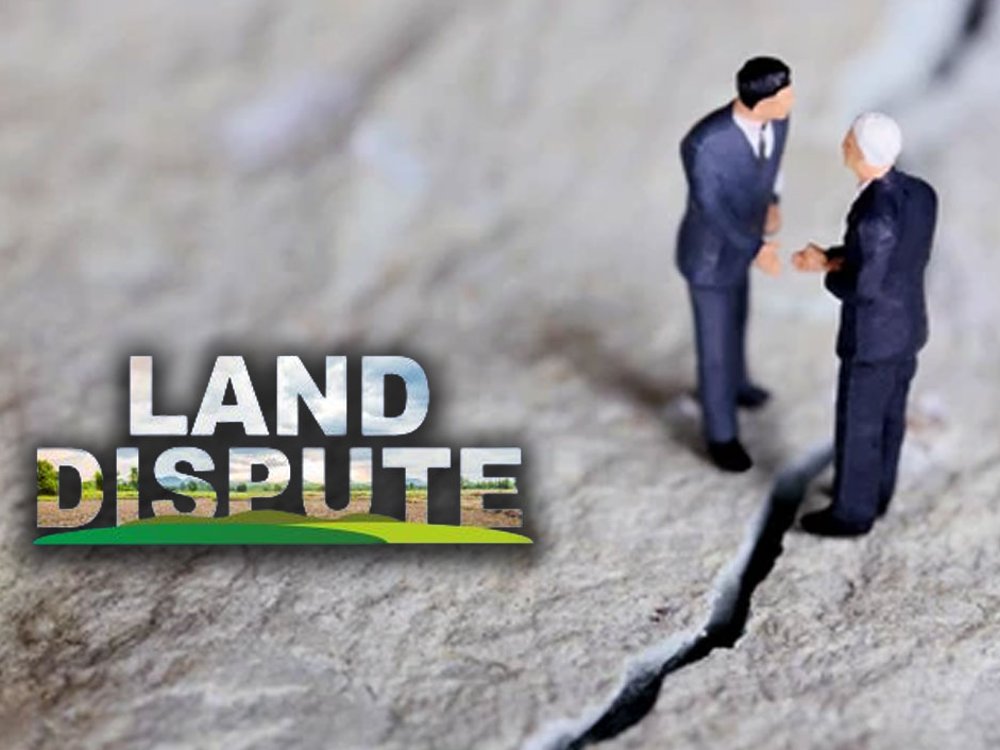
It is undeniable that the ICSID Convention (in particular for Investor-State dispute) and New York Convention 1958 (in particular for the recognition and enforcement of foreign arbitral awards for non-ICSID procedure) have played such an important role in enhancing the effectiveness of a dispute settlement. However, is it the case that a foreign arbitral award, on the assumption that it is eligible under those said conventions, is always successfully and completely enforced?
The question is raised as we look into the matter of “State immunity”. “State immunity” has been the sword of sovereignty to eliminate the adjudication of other countries or tribunals over itself or to prevent its assets or properties being seized under a judgment or a foreign arbitral award given against it. This article will not analyze the doctrine and specific application of state immunity but shall only flag up the critical points which, from my perspective, could negatively affect the ultimate aims of the ICSID Convention as well as the New York Convention.
It is acknowledged that both ICSID Convention and New York Convention share a common purpose of successful enforcement of an award given by the ICSID tribunal or a foreign arbitration tribunal, as the case may be. Nevertheless, when it comes to the enforcement of a specific asset, the matter may no longer be so simple as such. Taking into account a broad understanding, the entry, ratification or approval of the States to be the contracting members to ICSID Convention and New York Convention may be interpreted as the waiver of State immunity from the jurisdiction of an international tribunal. In other words, the States which enter into those conventions agree to expose themselves to the adjudication of a panel may not be able to control. However, the execution or enforcement of an award is a separate matter and hence, such waiver as aforementioned shall not constitute a waiver of immunity from execution.
In a broad sense, a majority of States apply the restrictive theory of immunity. In short, this approach permits the enforcement over the assets which are classified as “commercial assets” and bars the competent court or authority from enforcing the assets which are classified as “assets in sovereignty nature”. An important point worth mentioning that though the restrictive theory of immunity has been widely acknowledged, it has not been elevated to be customary international law. Given the above, the specific rules on immunity must be subject to the law on the place where the enforcement is sought.
Practically speaking, in order to achieve the aim of the successful enforcement in favor of the Investor, the application of the ICSID Convention or New York Convention must take into account the respective applicable law of the place where the enforcement occur. In other words, if we are given a numerous choice of the place to enforce the award, we, as a lawyer, must conduct the necessary research on the law of such place in terms of State immunity and then pick the right place to enforce the arbitral award.
State immunity as well as enforcement of arbitral awards, in my view, are not straightforward but contain signification debates surrounding matters arising out of them. Therefore, this article only reflects my personal viewpoint but in no manner constitute a legal advice or a fact to be relied upon. Different arguments and discussions related to this matter are highly appreciated. Thank you for spending your precious time reading through this article.
You can find the article also at: https://www.linkedin.com/pulse/state-immunity-investor-state-dispute-shield-created-against-nguyen/
- CHUẨN MỰC “CẨN TRỌNG” TRONG QUẢN TRỊ DOANH NGHIỆP: NHẬN DIỆN, ĐÁNH GIÁ VÀ GIẢI PHÁP THỰC TIỄN - Tháng 8 16, 2025
- TUÂN THỦ PHÁP LUẬT LAO ĐỘNG CHO DOANH NGHIỆP – CÁC LOẠI BÁO CÁO ĐỊNH KỲ (PHẦN 1) - Tháng 4 9, 2025
- LỰA CHỌN CƠ QUAN GIẢI QUYẾT TRANH CHẤP TRONG GIAO DỊCH MUA BÁN CÔNG TY CÓ LIÊN QUAN ĐẾN BẤT ĐỘNG SẢN - Tháng 1 12, 2025







